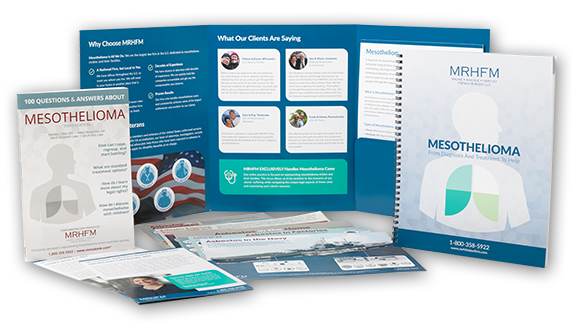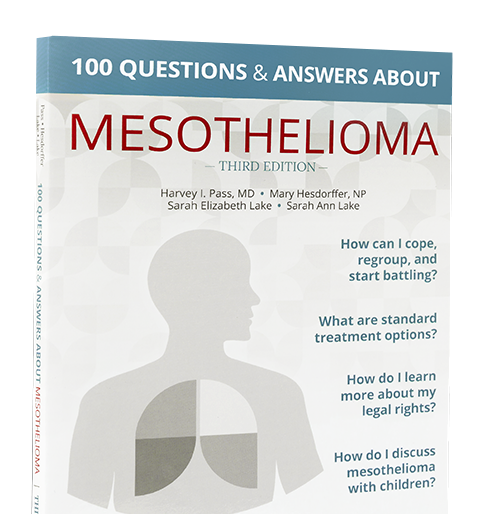Early results from an ongoing phase II study known as MAPS-2 showed that a combination of Yervoy (ipilimumab) and Opdivo (nivolumab) slowed the progression of malignant pleural mesothelioma (MPM) after relapse in 50% of patients who received the combination versus 44% who received Opdivo alone. This means that percentage of patients in which cancer either shrank or did not grow was 44% among the patients who received Opdivo only, and 50% among those who received the combo. This is exciting news for researchers who say the 12-week disease control rate (DCR) for all treatments previously tested in relapsed MPM was less than 30%.
MAPS-2 is the largest clinical trial of immune checkpoint inhibitors to date. The study enrolled 125 patients with advanced MPM who had received up to two prior treatments, including standard platinum-based chemotherapy. Around 80% of the patients were male, with a median age of 72. Per the American Society of Clinical Oncology (ASCO), patients were randomly assigned to treatment with Opdivo alone or Opdivo with Yervoy “until the cancer worsened.” Seventy percent of patients received at least three cycles of either treatment.
After a mean follow-up of 10.4 months, said ASCO, of the 125 patients, the median time until the cancer worsened (progression-free survival) was four months with Opdivo alone and 5.6 months with Opdivo and Yervoy. The median overall survival was 10.4 months in the Opdivo group and not reached in the Opdivo with Yervoy group, meaning that more than 50% were still alive at analysis.
When it came to side effects, researchers noted that they were “mild” overall, with the most common being thyroid problems, skin rash, and colon inflammation. The most severe side effects were more common in the Opdivo plus Yervoy group at 18% vs. 10%. Three treatment-related deaths occurred in the group.
The overall outcome of the study is promising. According to lead study author Arnaud Scherpereel, MD, PhD, “mesothelioma cells build a protective tumor microenvironment to shield themselves against the immune system's attacks and even act against anti-tumor immune response, therefore, therapies that shift the tumor microenvironment from a state of immune suppression to one of immune activation may hold promise in MPM."
And here’s more good news: a number of ongoing clinical trials are exploring Opdivo and other immunotherapy as second- or third-line treatments for MPM. In addition, says ASCO, “several larger clinical trials investigating immune checkpoint inhibitors as initial therapy for MPM are already under way.”
Cutting-edge clinical trials such as MAPS-2 may help extend or even save your life, so if you have been diagnosed with mesothelioma, talk to your doctor about options that might be available to you.
Sources
Scherpereel, Arnaud. "Early Research Suggests First Immunotherapy for Mesothelioma on the Horizon." ASCO. American Society of Clinical Oncology (ASCO), 05 June 2017. Web. 01 Aug. 2017.





